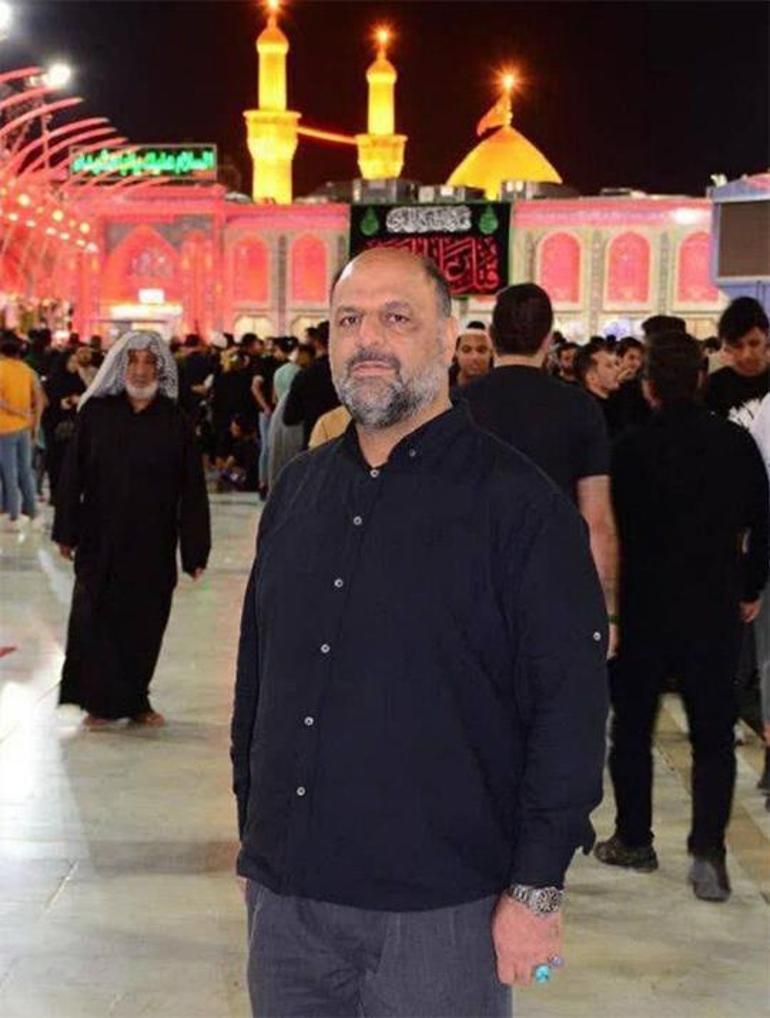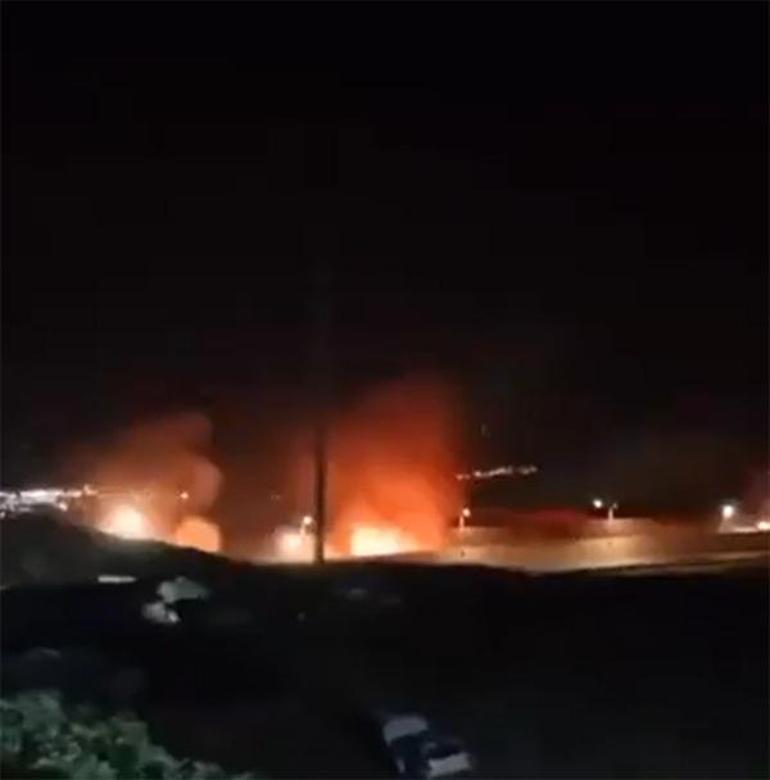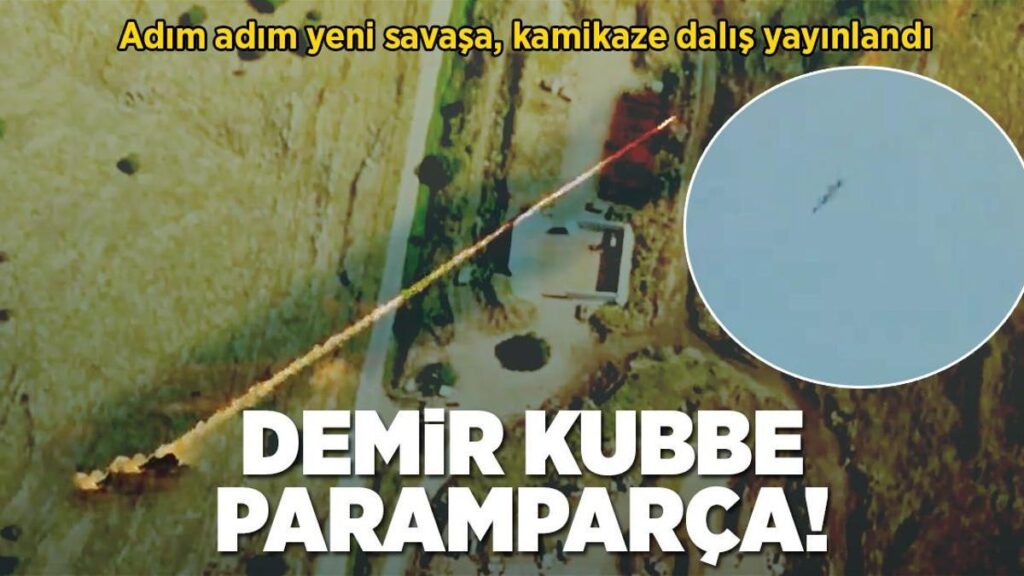
During the war, which began on October 7, Israel launched frequent attacks in neighboring Syria to the north, and the April 1 attack on Damascus marked the first direct confrontation between Iran and Israel.
The five-story building of the Iranian embassy in Damascus was hit in broad daylight by Israeli warplanes, killing Mohammad Reza Zahedi, one of the key commanders of the Quds Force, which conducts the IRGC’s foreign operations. The building was completely destroyed, along with his deputy and a police officer next to him. The Tehran regime then launched its first attack on Israel from Israeli territory on the night of Saturday, April 13, firing more than 300 missiles and suicide drones. Israel retaliated a few days later by attacking a military base in Isfahan, central Iran.
Since the Syrian civil war began in 2011, Israeli warplanes have struck pro-Iranian militias and Hezbollah targets hundreds of times, and twice struck the northern city of Aleppo after the war in Gaza.
One of the addresses in the attacks at the end of March was near the international airport in southeastern Aleppo. The Damascus regime said airstrikes killed dozens of soldiers and civilians.
Local sources said at least 42 people were killed in Aleppo, including a Hezbollah fighter.
About two months later, Israeli forces bombed a factory in the town of Hayyan, northwest of Aleppo, that housed pro-Iranian militia and Hezbollah members.
Media close to the Damascus regime said the attack killed at least 17 people and wounded 15.
The attack was about a 12-kilometer flight away, near territory held by Syrian rebels backed by Turkey, and 35 kilometers from the Turkish border.

After two days of silence, Iran reported that its military adviser, Saeed Evyal, was killed in an Israeli strike. The Tehran regime defines Syrian commanders and soldiers as “advisors.”
Revolutionary Guard Commander Hussein Salami again hinted at retaliation against Israel, saying “Israel should expect a reaction.”
Ebiah reportedly held the rank of general in the Revolutionary Guard.
The Iranian general is the first Revolutionary Guard officer to be killed since the April 1 embassy attack.
The New York Times wrote that Said Ebiya had been serving in Syria since 2012.


